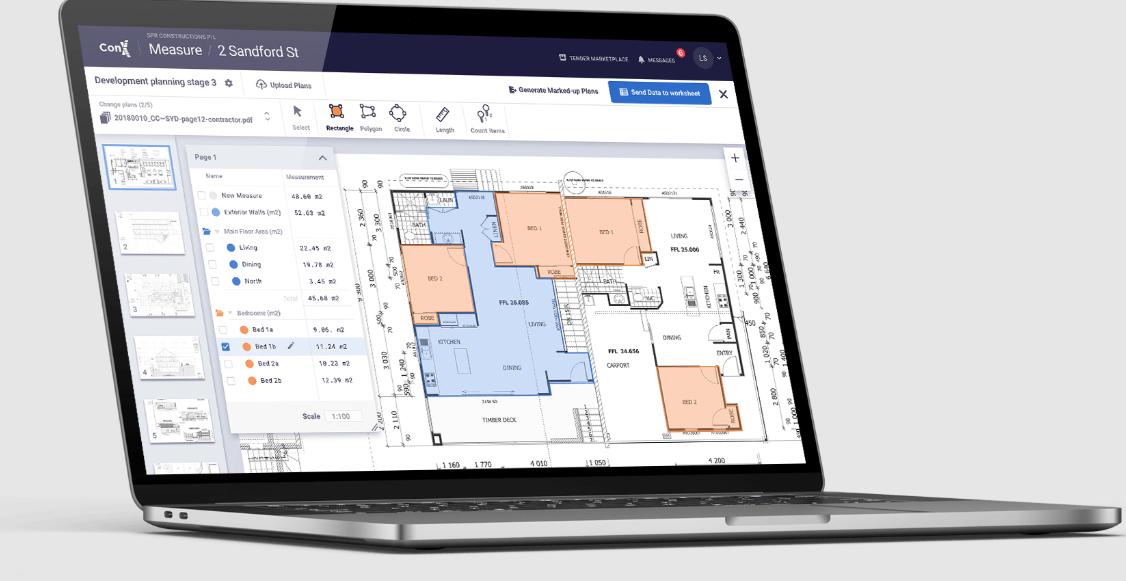Managing a business is no small feat. Juggling multiple tasks, ensuring different departments communicate effectively, and keeping operations running smoothly can often feel overwhelming. This is where ERP software solutions come into play.
These systems help streamline everything from inventory management to accounting and customer relations, all under one roof. But what exactly is ERP software, and how can it make running a business less stressful? Let’s break it down in simple terms.
Understanding ERP Software
Think of ERP (Enterprise Resource Planning) software as the Swiss Army knife for managing your business processes. It’s a type of software designed to help businesses manage and integrate the essential parts of their operations.
This might include everything from keeping track of inventory and processing orders to managing payroll and customer relationships. Essentially, it serves as a central hub that collects, manages, and interprets data from these diverse activities, making life easier for business owners and staff alike.
Key Features of ERP Software
ERP systems are packed with features that tackle different facets of a business. Here are a few standout features:
Integrated Management of Business Processes: This software links together various business processes, ensuring that changes in one area are automatically updated in others.
Real-time Data Access: It provides a single source of information that can be accessed by employees across different departments, promoting consistency and accuracy.
Automation of Routine Tasks: It automates everyday administrative tasks, reducing errors and freeing up your team to focus on more important things.
Comprehensive Reporting and Analytics: With better reporting tools, businesses can monitor everything in real-time, which helps them make informed decisions swiftly.
Scalability: As your business grows, the ERP system grows with you, accommodating new users and processes seamlessly.

How Does ERP Software Work?
At the heart of ERP is its ability to make managing business operations smoother. Here’s a straightforward look at how it typically works:
Step 1: Collecting Data
The software gathers information from across the business—from sales and supply chain operations to customer feedback.
Step 2: Data Analysis
This data is then processed and analyzed to provide insights into how the business is performing, identifying what’s working and what’s not.
Step 3: Execution of Business Processes
With this information, the ERP system automates and streamlines processes, helping to coordinate everything from order fulfillment to financial transactions.
Step 4: Monitoring and Reporting
Finally, it offers tools to monitor these processes and produce reports, which help businesses adjust their strategies and improve efficiency.
Benefits of ERP Software Solutions
Implementing an ERP system can transform the way you manage your business:
- Enhanced Productivity: Automating routine tasks means your team can focus on more strategic work.
- Improved Collaboration: With a unified source of information, departments can work together more effectively, without the hassle of mismatched data.
- Greater Efficiency: It helps streamline operations, reduce costs, and eliminate unnecessary delays.
- Consistency and Accuracy: A single, reliable source of information helps reduce errors and ensures consistency across the business.
Conclusion
ERP software solutions are essential for anyone looking to simplify their business operations and reduce the daily stress of managing multiple parts of their company. By bringing together various functions into one integrated system, ERP not only helps businesses run more smoothly but also supports better decision-making.
Whether you have a small business or a large corporation, an ERP system can be customized to meet your specific needs, setting you up for continued success in today’s competitive market.








